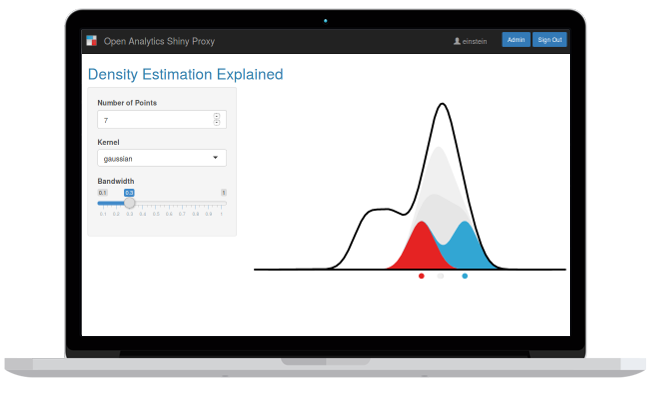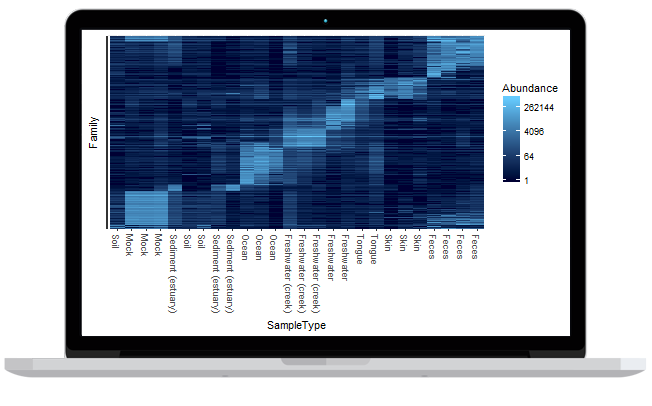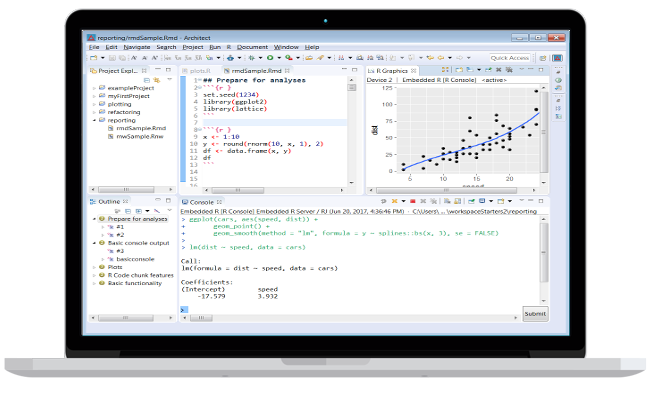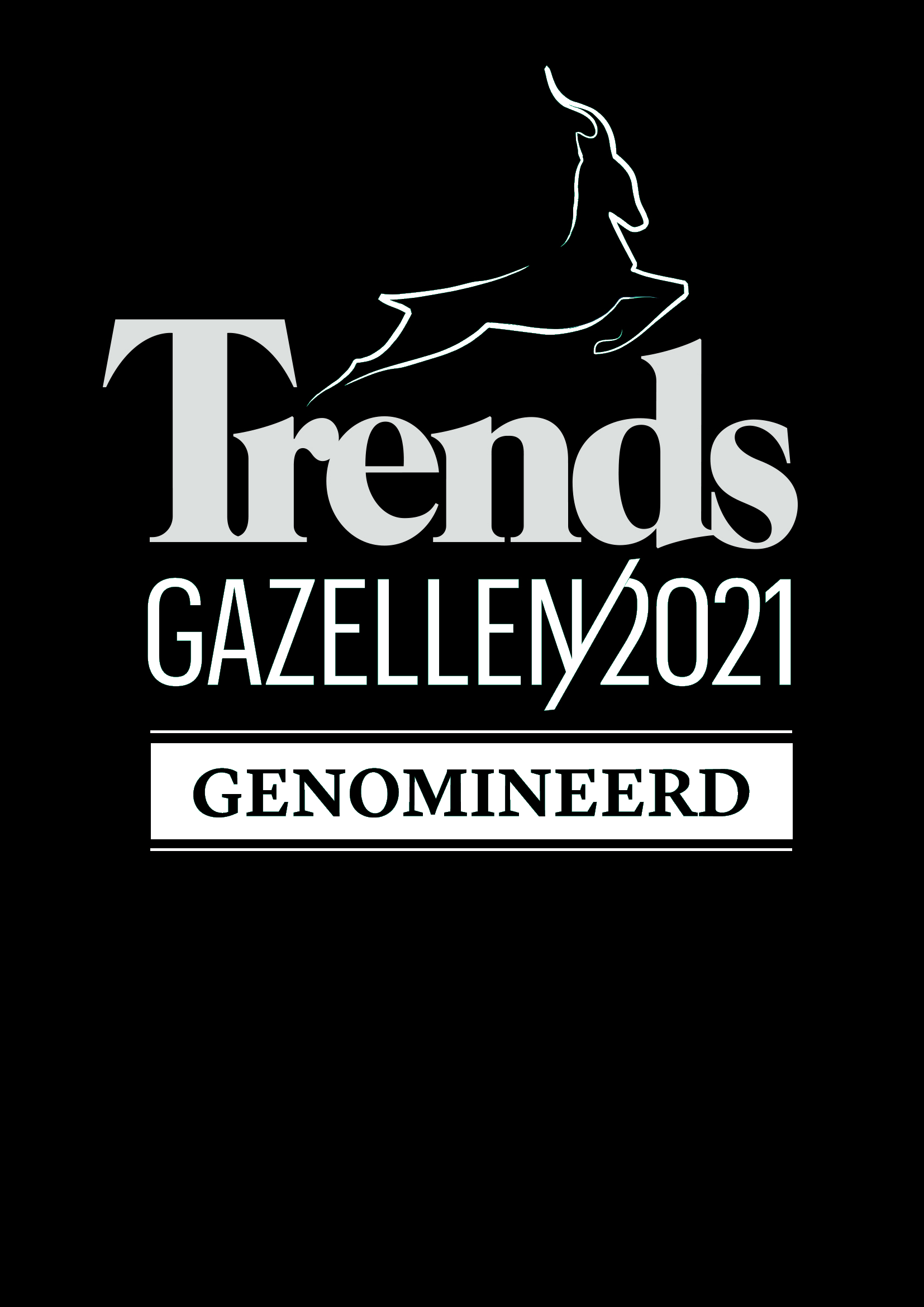Wildlife management
Introduction Open Analytics often receives requests to visualize and summarize data from multiple data sources in a user-friendly way. Most of these projects result in in-house applications, while projects for governmental institutions typically result in publicly available web applications. A nice example is faunabeheer.inbo.be, developed for the Research Institute for Nature and Forest (INBO) and the Agency for Nature and Forests (ANB) responding to questions from (local) authorities, land managers, hunters, researchers, journalists, citizens and farmers.






















